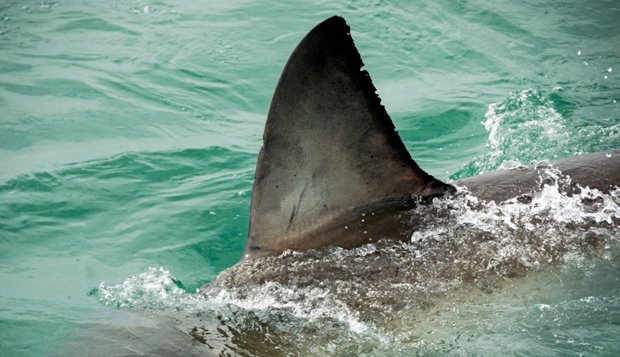Shark cull planned for popular WA beaches

A PLAN TO PROTECT West Australian beachgoers by killing great white sharks that come too close has angered animal welfare advocates and conservationists.
Many were also affronted by Premier Colin Barnett’s dismissal of the animals as just “fish”.
The government on Thursday announced a $6.85 million package of “shark mitigation” strategies in response to five fatal attacks in the state’s waters within 10 months.
It has allocated $2 million for a new Department of Fisheries service to track, catch and destroy sharks found in close proximity to swimmers.
Shark cull “proactive”
The government has also redefined the circumstances in which an order may be given to kill sharks that pose an imminent threat to humans.
“Previously the orders were used in response to an attack, but now proactive action will be taken if a large white shark presents imminent threat to people,” Fisheries Minister Norman Moore said.
Baited drum lines could also be set to capture sharks that presented a danger, he added.
Premier Colin Barnett said it was “not going to be a shark hunt”.
“We will always put the lives and safety of beachgoers ahead of the shark,” he told ABC radio. “This is, after all, a fish – let’s keep it in perspective.”
(Related story: Timeline of shark attacks in Australia)
Conservationists say shark cull is kneejerk reaction
The Conservation Council of WA (CCWA) said the “guilty until proven innocent” approach was a kneejerk reaction to public concern that would harm the environment and would not protect swimmers.
“We urge the government not to use the new kill powers for sharks,” CCWA marine co-ordinator Tim Nicol said. “We are…concerned that this policy perpetuates the fear that all large sharks are potential killers, when in fact we do not know this.”
The Wilderness Society was also critical of “pre-emptive cullings”, while ABC radio talkback callers flooded the phone lines, with many saying the best way to stay safe was to stay out of the shark’s habitat.
Some said the strategies were vote-grabbing stunts.
Funding for shark research
The premier his opposition to shark nets because they posed a threat to marine life.
Instead, $2 million will go towards continuing shark tagging programs, including the use of GPS tracking systems, while $2 million will go into a research fund over four years.
Tim welcomed the research funding.
“If we want to reduce fear of swimming at our beaches, then we need to engage in research and education, not in killing with no purpose,” he said. “For example, we need to explain the times of year that are most dangerous because of oceanic events that attract large sharks to feed near shore, for example when snapper are spawning in Cockburn Sound.”
University of WA, where researchers are developing shark attack deterrent wetsuits, also welcomed the research funding.
The government also pledged $200,000 for a feasibility study and trial of a beach enclosure to protect swimmers, $500,000 for extra jet skis for Surf Lifesaving WA, and $150,000 for community awareness programs, including a smartphone application.
RELATED STORIES

